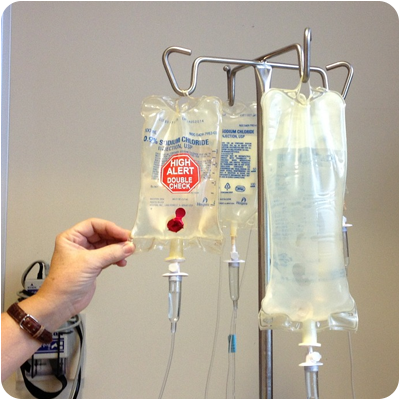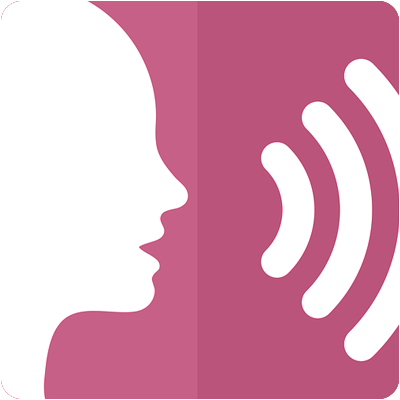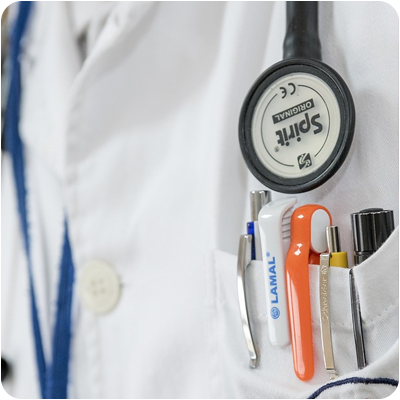Het arrangement 11.4 Disease - b34 is gemaakt met Wikiwijs van Kennisnet. Wikiwijs is hét onderwijsplatform waar je leermiddelen zoekt, maakt en deelt.
- Auteur
- Laatst gewijzigd
- 11-05-2025 16:28:50
- Licentie
-
Dit lesmateriaal is gepubliceerd onder de Creative Commons Naamsvermelding-GelijkDelen 4.0 Internationale licentie. Dit houdt in dat je onder de voorwaarde van naamsvermelding en publicatie onder dezelfde licentie vrij bent om:
- het werk te delen - te kopiëren, te verspreiden en door te geven via elk medium of bestandsformaat
- het werk te bewerken - te remixen, te veranderen en afgeleide werken te maken
- voor alle doeleinden, inclusief commerciële doeleinden.
Meer informatie over de CC Naamsvermelding-GelijkDelen 4.0 Internationale licentie.
Aanvullende informatie over dit lesmateriaal
Van dit lesmateriaal is de volgende aanvullende informatie beschikbaar:
- Toelichting
- Deze les valt onder de arrangeerbare leerlijn van de Stercollecties voor Engels voor vmbo beroepsgerichte leerweg, leerjaar 3 en 4. Dit is thema 11 'Health and care'. Het onderwerp van deze les is: Disease. In deze les staat ziekte en gezondheidszorg centraal, waarbij er gesproken wordt over AIDS/HIV, de gezondheidszorg en de WHO. De onregelmatige werkwoorden in deze les zijn: to leave, to lend en to lose. In de grammaticaopdracht worden de relative pronouns behandeld.
- Leerniveau
- VMBO basisberoepsgerichte leerweg, 4; VMBO basisberoepsgerichte leerweg, 3;
- Leerinhoud en doelen
- Engels;
- Eindgebruiker
- leerling/student
- Moeilijkheidsgraad
- gemiddeld
- Studiebelasting
- 1 uur 40 minuten
- Trefwoorden
- arrangeerbaar, b34, disease, engels, hiv/aids, relative pronouns, stercollectie, who, ziekte en gezondheidszorg
Gebruikte Wikiwijs Arrangementen
VO-content Engels. (2020).
11.4 Disease - kgt34














